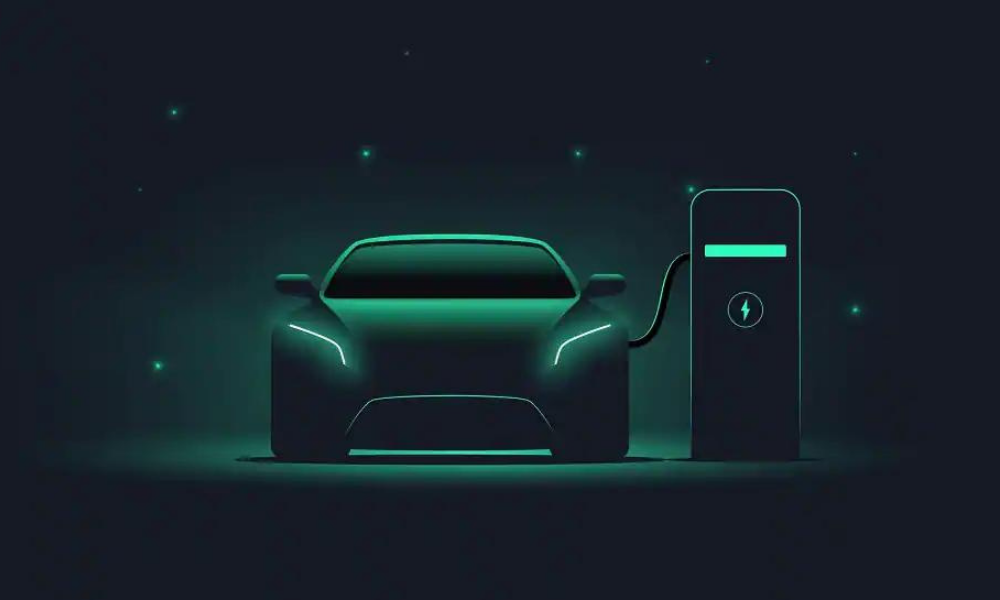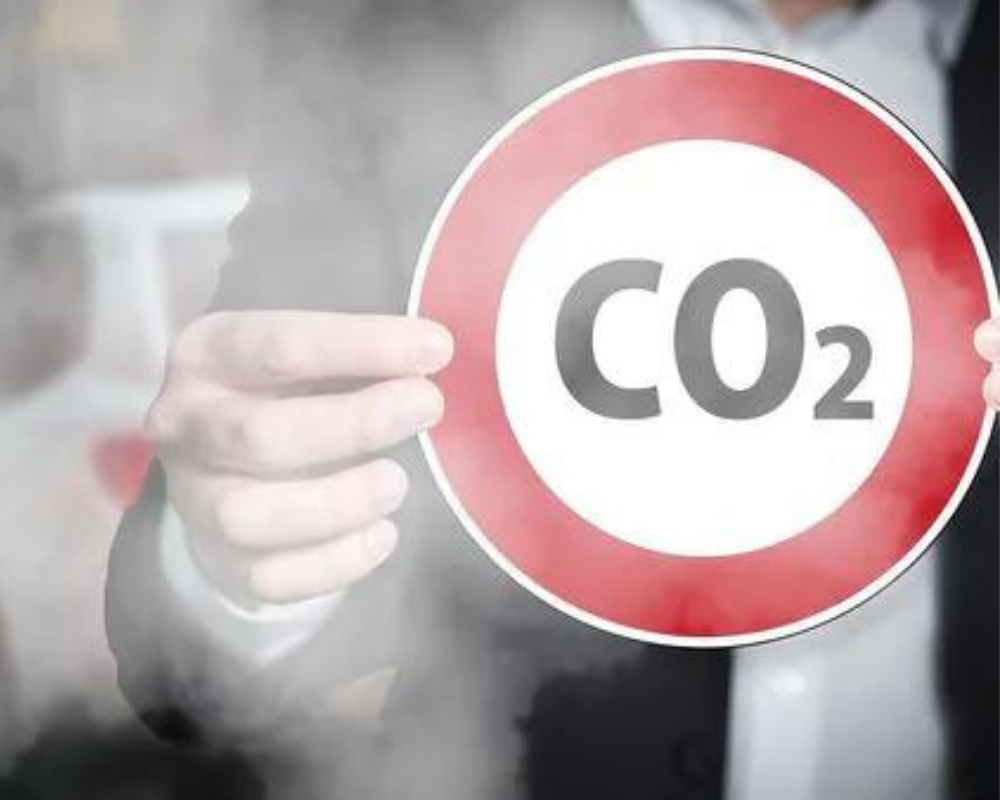
Blog
Electric Vehicles

What is an Electric Vehicle?
An EV is a shortened acronym for an electric vehicle. EVs are vehicles that are either partially or fully powered on electric power. Electric vehicles have low running costs as they have less moving parts for maintaining and also very environmentally friendly as they use little or no fossil fuels (petrol or diesel).
How do I choose an electric vehicle?
It probably goes without saying but it’s best to opt for a vehicle that
best suits your needs. Consider things like the distance you travel each day,
whether your route is flat or hilly, city or suburbs, how many people you will
be carrying, and where you intend to recharge your electric vehicles.
As mentioned previously, the average Indian commuter puts around 15-20km on the clock each day,
mostly around city streets. Driving through the city is trivially an advantage in an electric
vehicle with the energy harvested from hard braking used to regenerate the battery.
The electric cars available in India, generally have a real-world range of over 200km so in theory,
you should manage most of the working week without a recharge.
Electric vehicles are not just the wave of the future, they are saving lives today.
Things to know about EV's and how you can make the future electric.
Electric vehicles now include cars, transit buses, trucks of all sizes, and even big-rig tractor-trailers
at least partially powered by electricity.
Electric vehicles fall into three main categories:
Battery electric vehicles are powered by electricity stored in a battery pack.
Plug-in hybrids combine a gasoline or diesel engine with an electric motor and large rea chargeable battery.
Fuel cell vehicles split electrons from hydrogen molecules to produce electricity to run the motor and in the coming years,
electric sanitation trucks will be quietly gliding through neighborhoods to pick up garbage and recycling, and more
electric trucks will be delivering packages from warehouses to homes, air pollution-free.
Electric vehicles are saving the climate — and our lives. Here’s how.
One of the largest sources of climate pollution in India?
Transportation. To solve the climate crisis, we need to make the vehicles on our roads as clean as possible.
We have only a decade left to change the way we use energy to avoid the worst impacts of climate change.
Emissions from vehicles are not only bad for our planet, but they’re also bad for our health. Air pollutants
from gasoline- and diesel-powered vehicles cause asthma, bronchitis, cancer, and premature death.
The long-term health impacts of localized air pollution last a lifetime, with the effects borne out in
asthma attacks, lung damage, and heart conditions.
3. Electric vehicles have a smaller carbon footprint than gasoline-powered cars, no matter where your
electricity comes from.
The electricity that charges a battery-electric electric and plug-in hybrid
comes from power grids,which rely on a range of sources — from fossil fuels to clean renewable energy.
Energy grids can vary from one state to another, which means that the carbon footprint of driving an
electric vehicle ranges depending on its electricity source.
The very good news? Because electric vehicles are more efficient in converting energy to power cars
and trucks, electricity across the board is cleaner and cheaper as a fuel for vehicles, even when
that electricity comes from the dirtiest grid.
Running electric or hybrid cars on the grid in any state has lower greenhouse gas emissions than
gasoline-powered cars, as revealed in a study by experts. And as states clean up their energy grids,
the benefits of electric vehicles become stronger.
Conclusion
For a very long time, the most popular car of choice was a fuel-powered car, but in recent years we have seen a change in this. Due to tax benefits and more awareness about our impact on the environment the popularity of the electric car has increased significantly. Not only are citizens taking a step in the right direction, but governments are also participating. Although India does not have a strong stance on electric vehicles, its citizens are making a change. In the first half of 2021 more than double the electric cars were sold compared to 2020 in total. Because of this global uprising, it won't take long before the remaining countries participate in this movement.
Share this Article
Related Posts
Search
Latest Posts
Tags
Featured Works
Address
Address: DSR Complex 129 Y1, 1st Floor Lalbagh Main Road, Opposite Passport Office,Bangalore Karnataka 560027
Phone and Email
+ 91 9900423399
info@dsrecotech.com


.png)
.png)
.png)
.png)
.png)

.png)
.png)

.png)